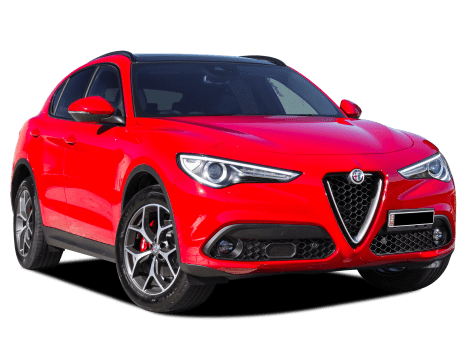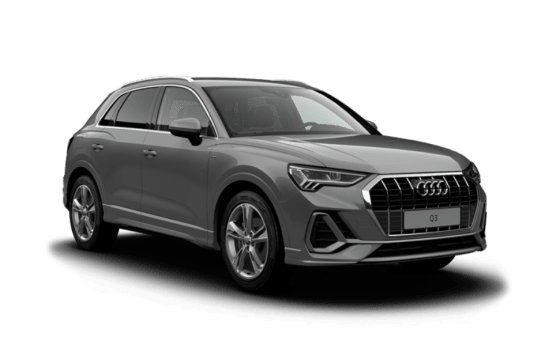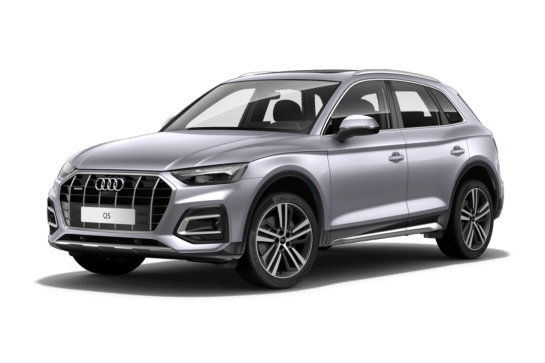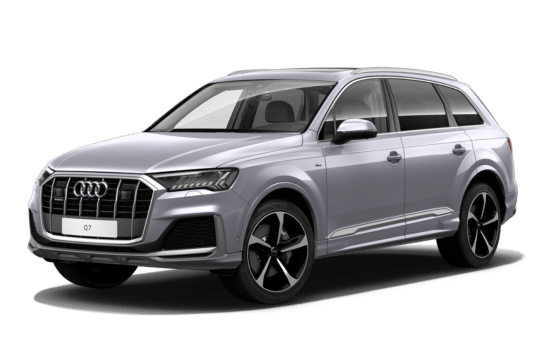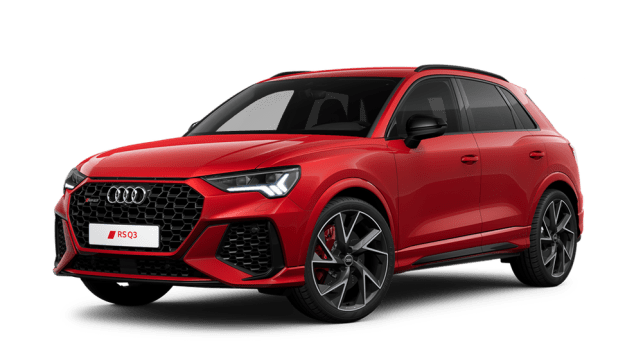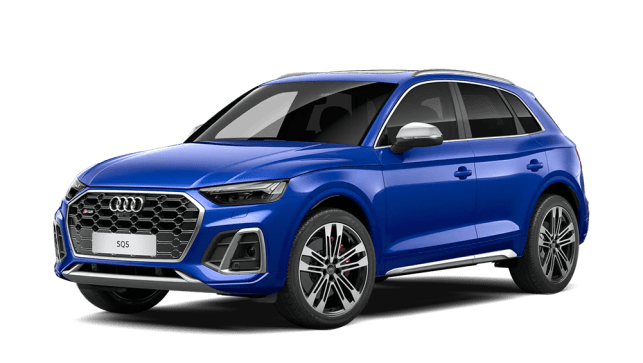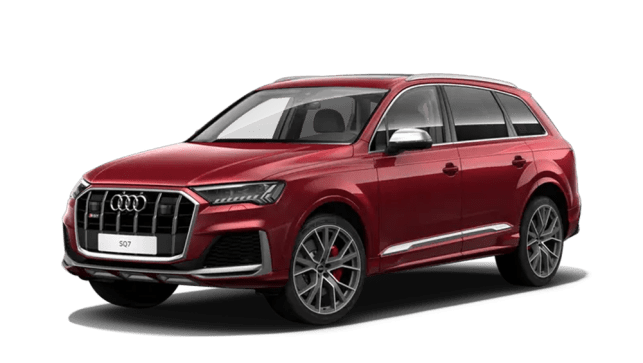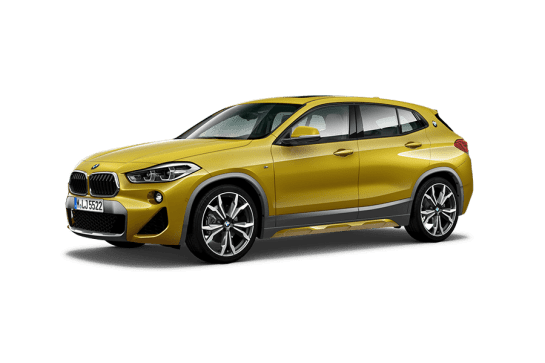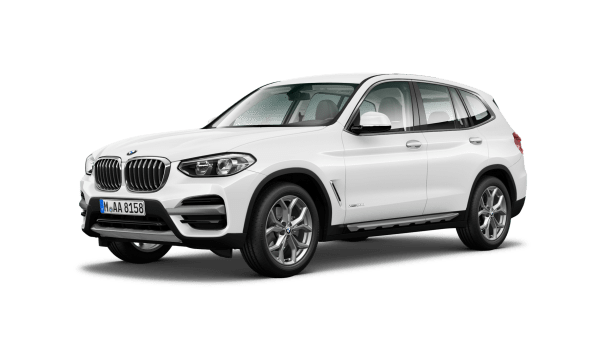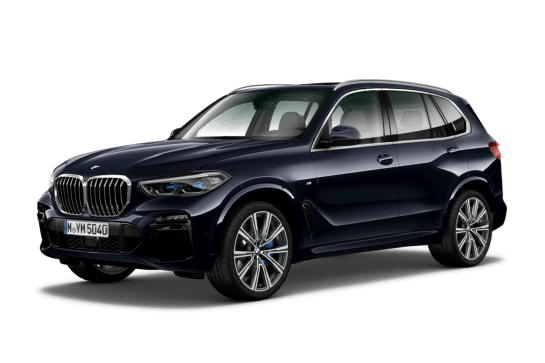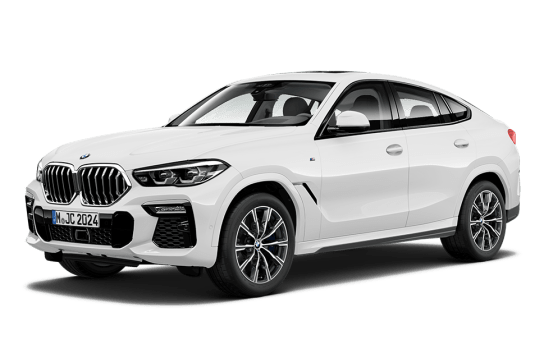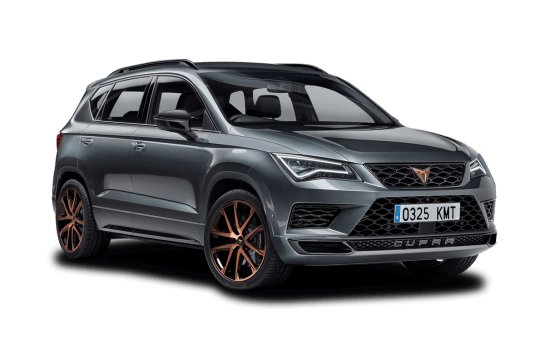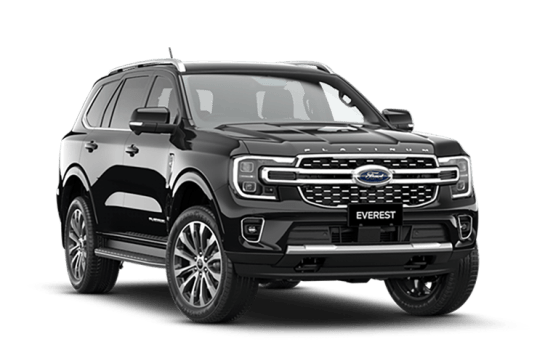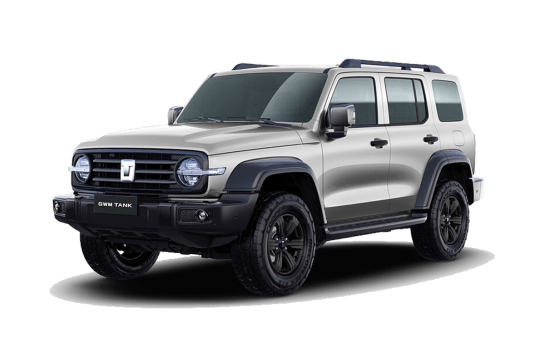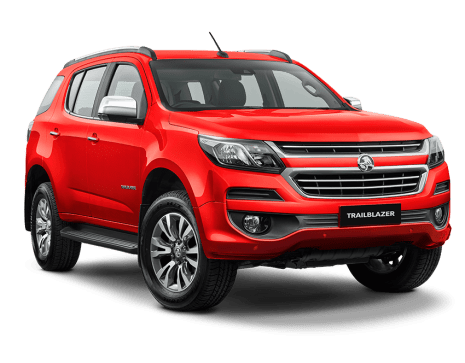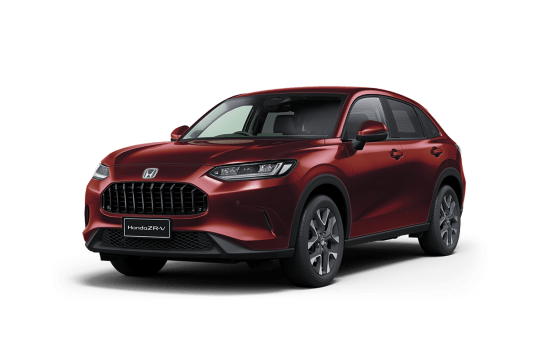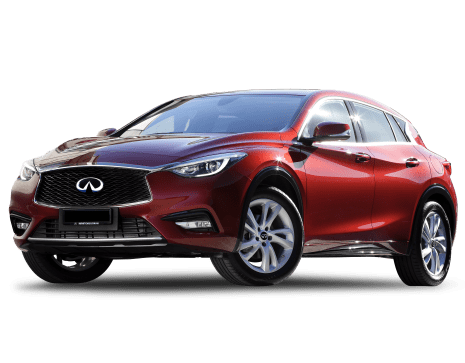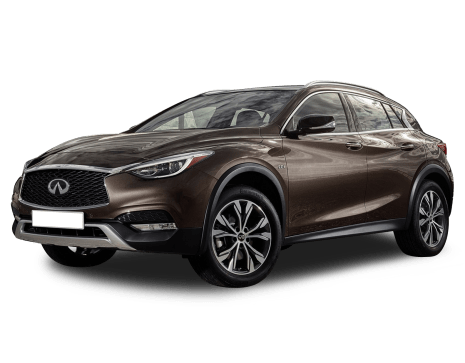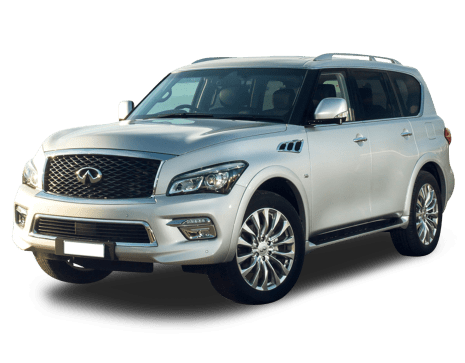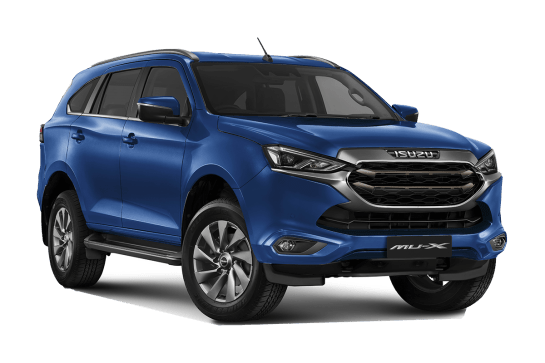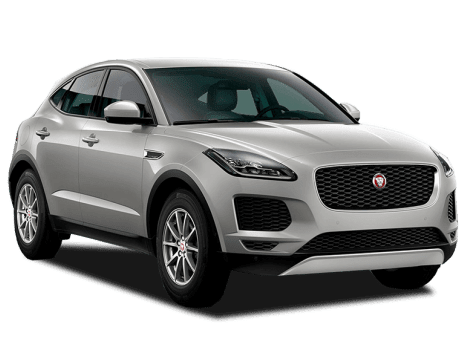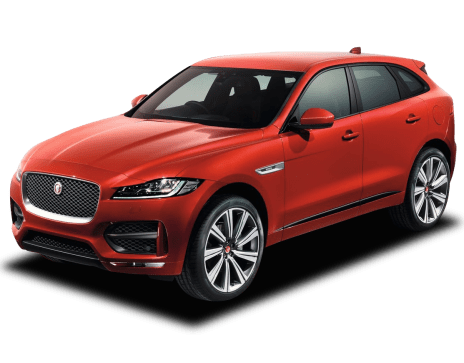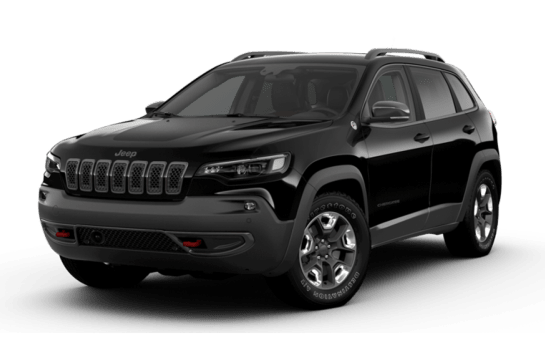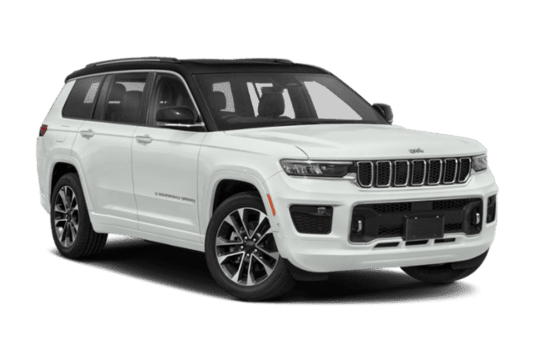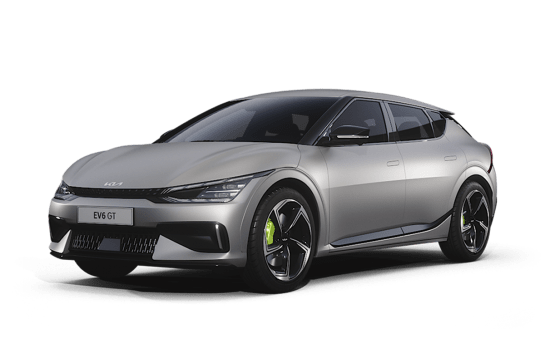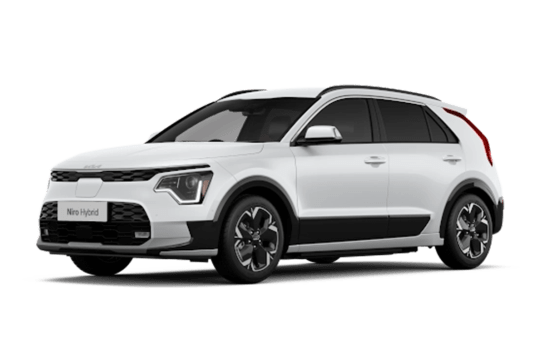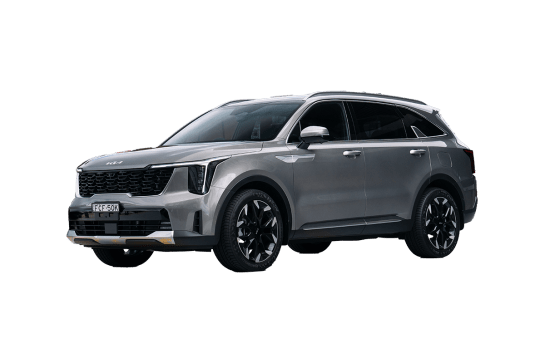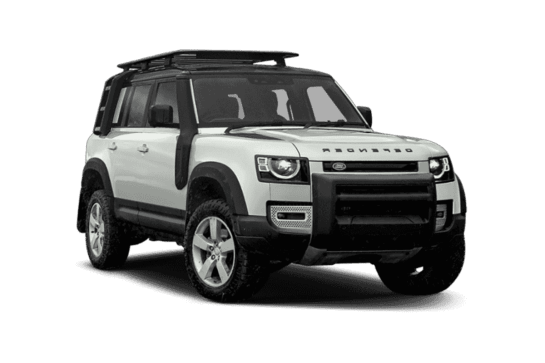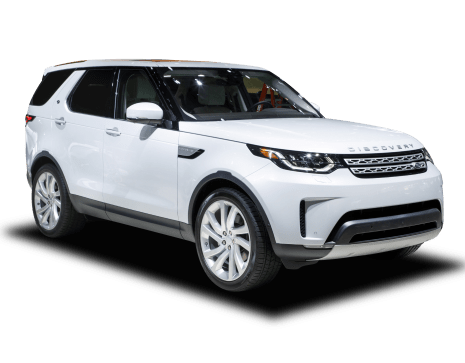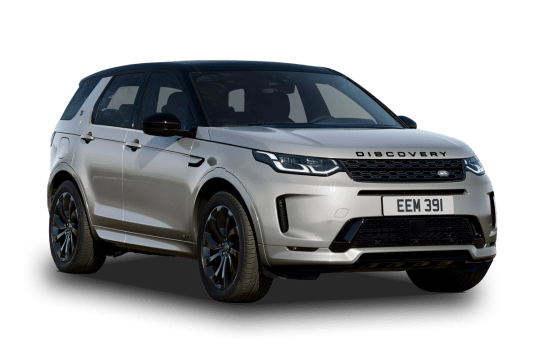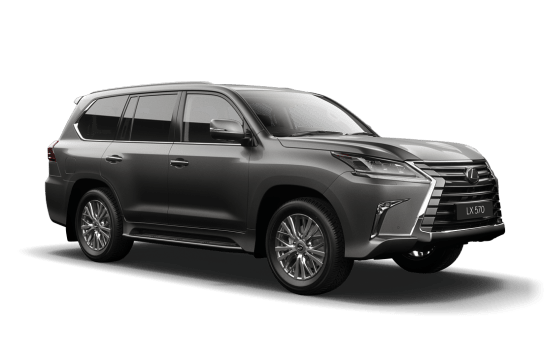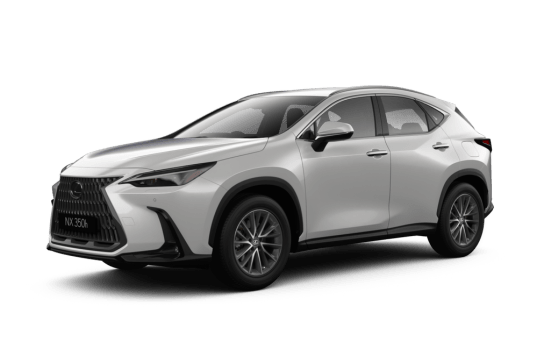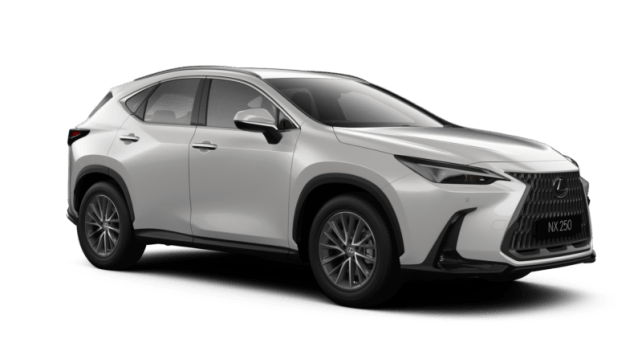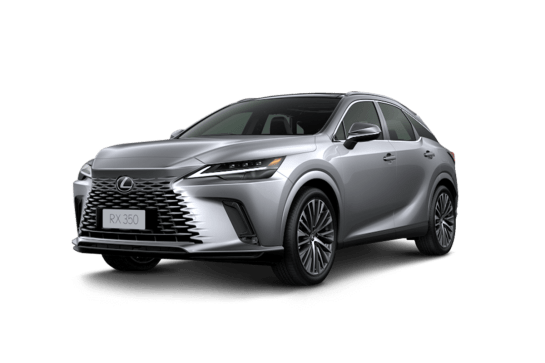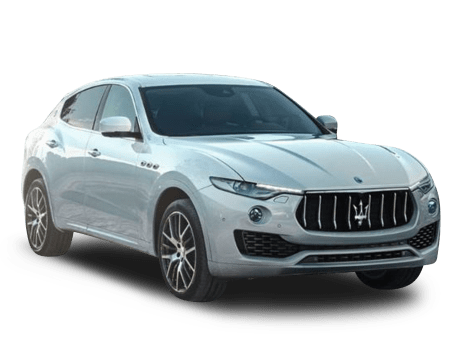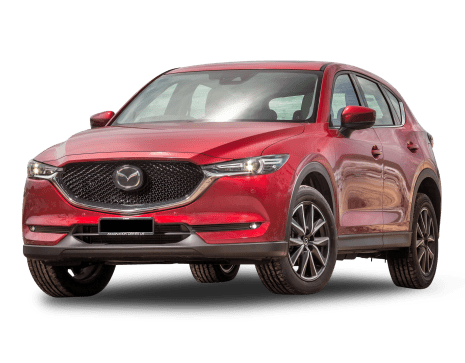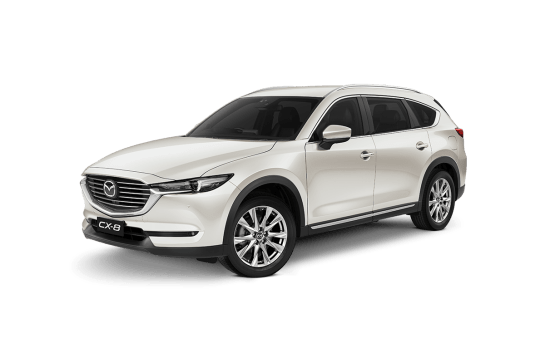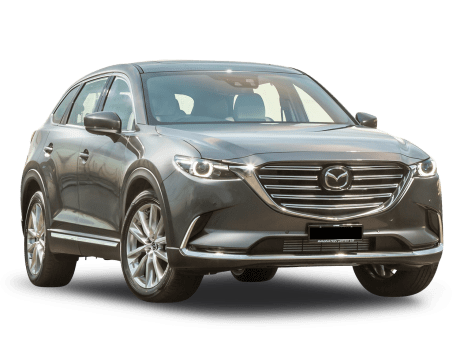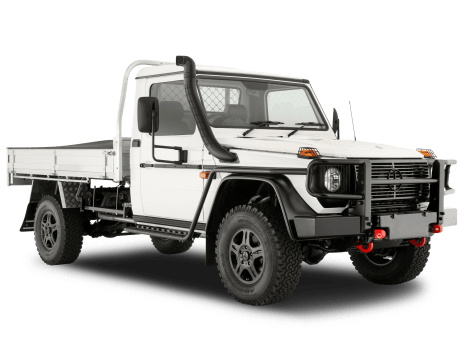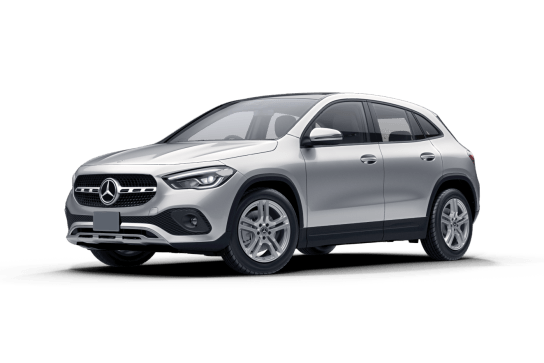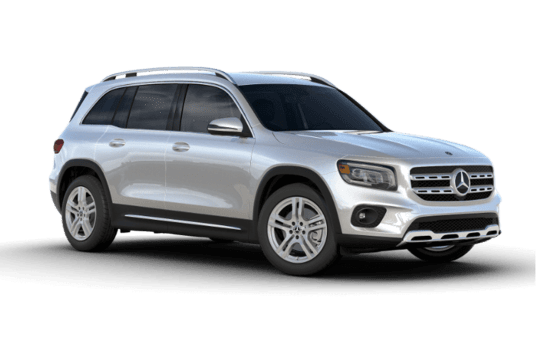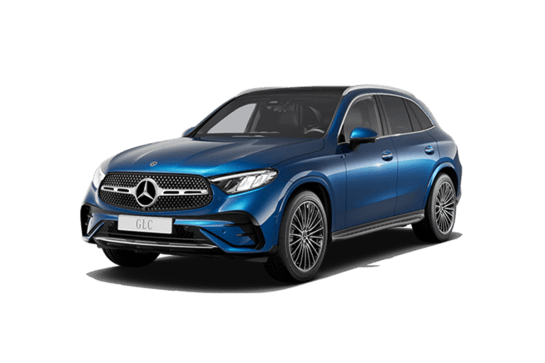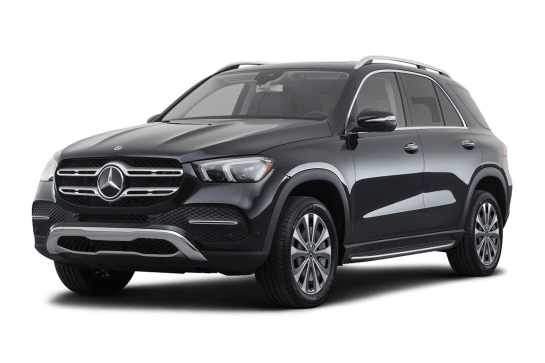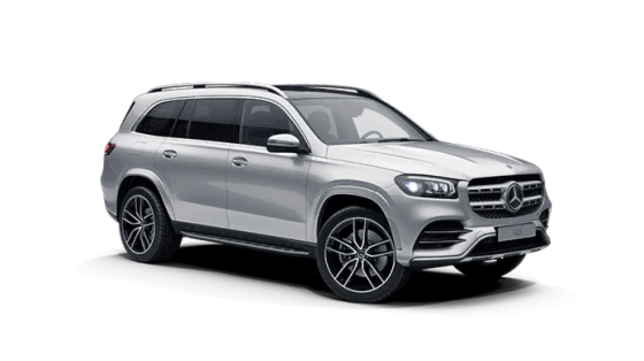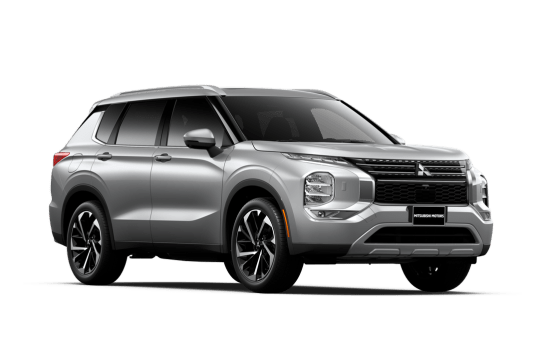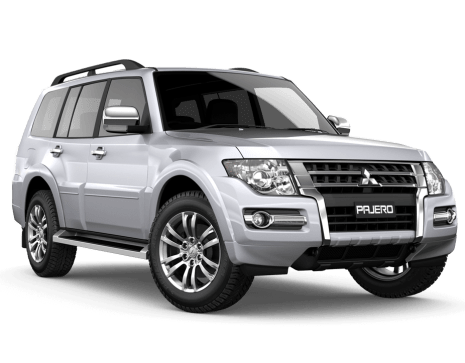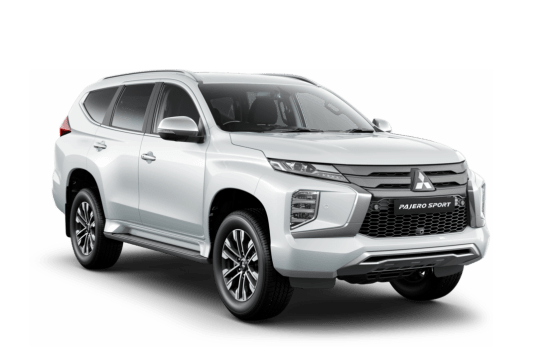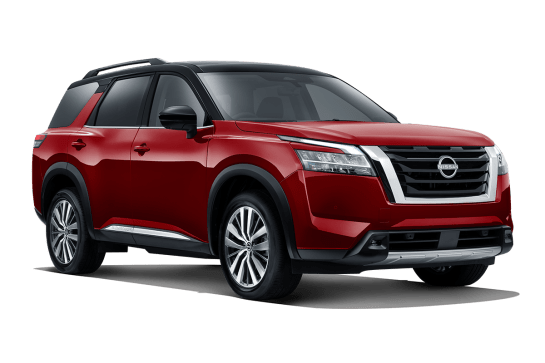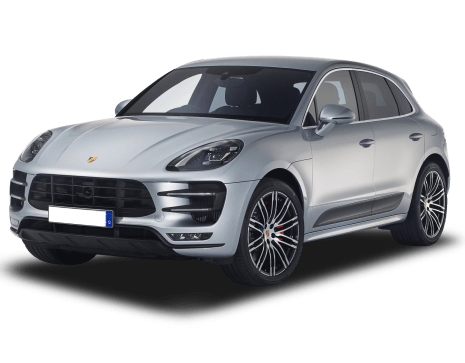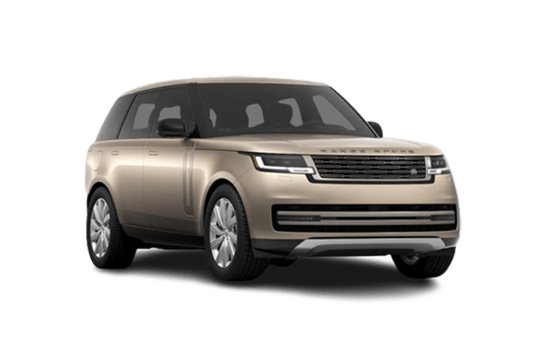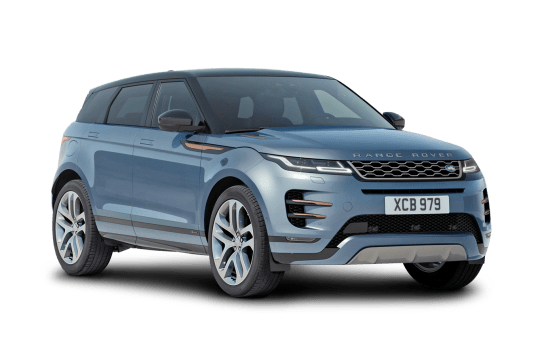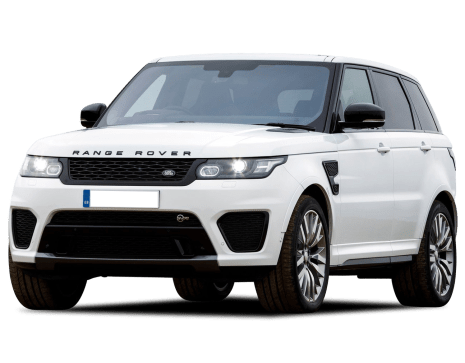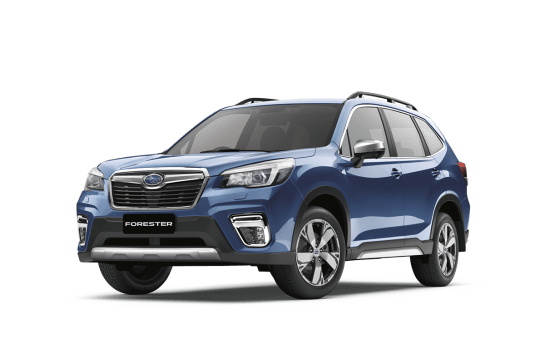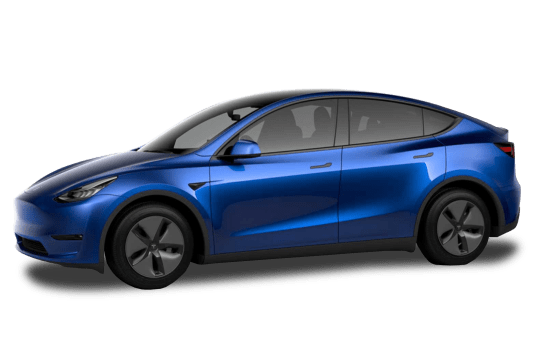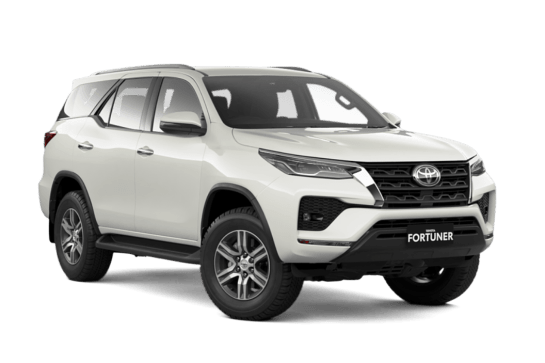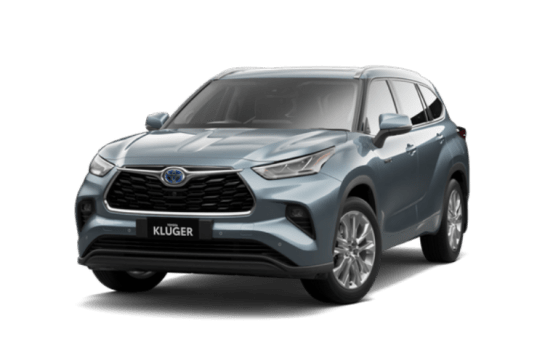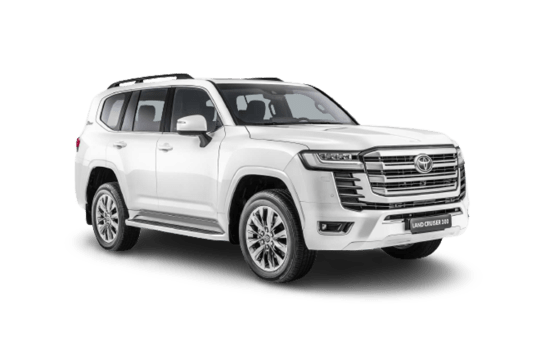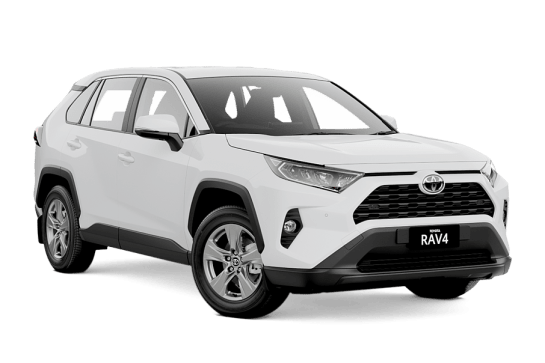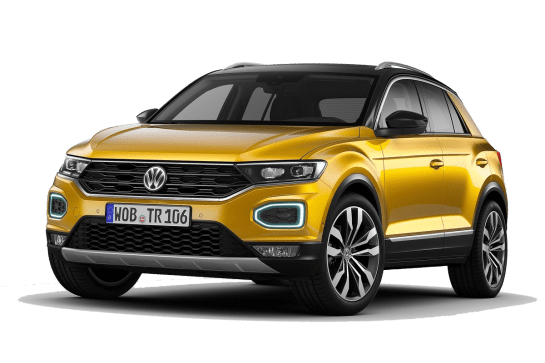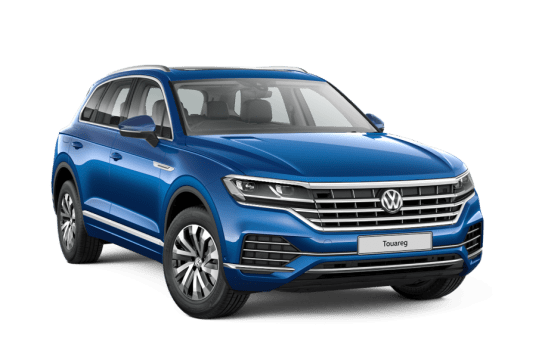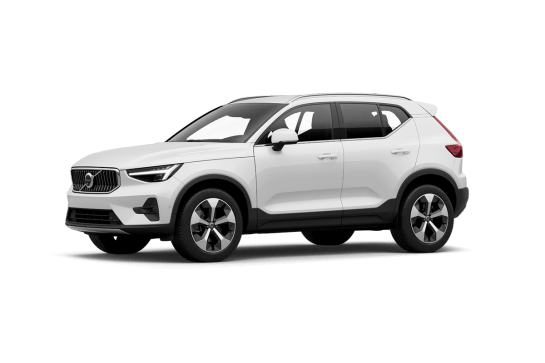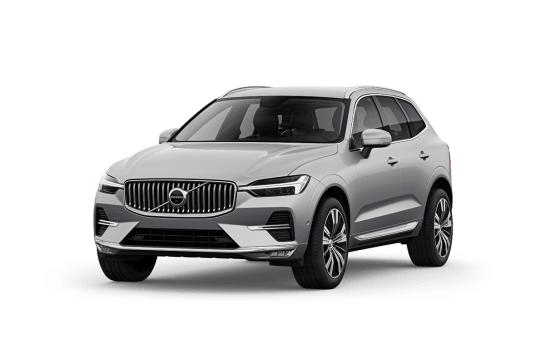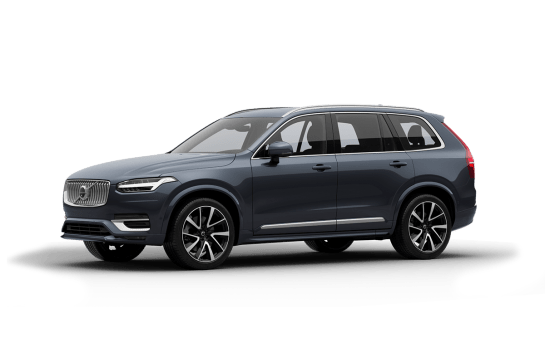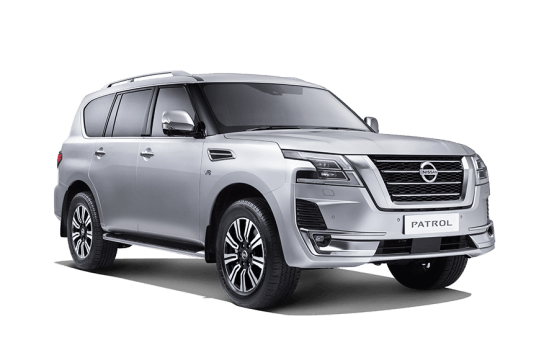
Nissan Patrol VS Toyota RAV4
Nissan Patrol
Likes
- Big V8
- Very comfortable on-road
- Very capable off-road
Dislikes
- Price jump
- Bit thirsty
- No ANCAP safety rating
Toyota RAV4
Likes
- Incredibly efficient
- Lots of features and practicality on offer
- Easy to drive and use
Dislikes
- Cabin noise is too loud for grade level
- Simple cabin design won't be for everyone
- About to be replaced by new-gen model
Summary
Nissan Patrol
The Nissan Patrol has copped flak in recent years because it hasn’t kept pace with its rivals in terms of modernity, specifically its in-cabin look, design and multimedia systems.
The new Y63 Nissan Patrol is due to go on sale in Australia before the end of 2025, but in the meantime, Nissan has upgraded the current-generation Patrol in an attempt to address those issues.
The Patrol range now has, among other things, an upgraded multimedia system with a larger 10.1-inch touchscreen, a 15W wireless smartphone charge pocket, Hema off-road mapping and it finally has Apple CarPlay and Android Auto.
Read more about
- How this car brand has turned itself around: Nissan bounces back on the resurgence of X-Trail e-Power hybrid as an alternative to the Kia Sportage and Toyota RAV4 Hybrid
- How long will this electric car pioneer be without an EV? No more Nissan Leaf production and Ariya hold-up may see Japanese brand without a rival for Tesla Model Y or MG4 in Australia for a while
- Why the Nissan Patrol Warrior didn't become a $200,000 V8 supercharged off-road weapon and instead focused on value to challenge the LandCruiser 300 Series GR Sport
There was a lot to like about the Patrol before this upgrade. Depending on the variant, you get seven or eight seats, a stack of standard features and this 4WD is a proven touring and towing platform. But has this latest range refresh given the Patrol even more appeal?
Read on.
| Safety rating | — |
|---|---|
| Engine Type | 5.6L |
| Fuel Type | — |
| Fuel Efficiency | 14.4L/100km |
| Seating | 7 seats |
Toyota RAV4
Even though it’s expected to be superseded by a sixth-generation model next year, we're reviewing the fifth-gen Toyota RAV4 Hybrid Cruiser 2WD model to see if its hybrid powertrain and features still secures its position as top-selling medium SUV for families.
Aussies love mid-size SUVs in part because they're a tad more practical than their larger cousins, especially in the city.
Read more about
- 2025 Toyota Prado order system changes, but will it affect how and when your Toyota LandCruiser, Toyota RAV4 or Toyota Corolla Cross hybrid arrives?
- Toyota bZ4X 2024 review: FWD
- 'We never say told you so': Toyota says the market has spoken on electric cars as EV sales flatline in Australia, while petrol-hybrids like the Toyota RAV4, Corolla Cross and Kluger soar
You also have a better chance of fitting one inside your garage (unless you use your garage for storage, like me).
| Safety rating | — |
|---|---|
| Engine Type | — |
| Fuel Type | — |
| Fuel Efficiency | —L/100km |
| Seating | — |
Verdict
Nissan Patrol7.6/10
The Nissan Patrol is nice to drive on-road for a big 4WD wagon – it’s refined, it’s comfortable – and it’s a very capable 4WD.
This is a proven touring and towing platform – and the upgraded multimedia system brings the Patrol up to date and adds a much-needed tech boost to the package.
There’s a lot to like about the V8 and though the Patrol’s interior still feels old, if you can’t wait for the next-gen Patrol this upgraded version might be just right for you.
At this price, though, the Premcar-enhanced Warrior is the better bet.
Toyota RAV48.4/10
The Toyota RAV4 Cruiser Hybrid 2WD model reaffirms why the RAV4 is so popular in Australia. It offers families space, convenience and features in a well-priced and handsome package. The cabin noise might be an ick for some but for everything else this model offers it could be overlooked.
Design
Nissan Patrol
The Nissan Patrol is 5175mm long (with a 3075mm wheelbase), 1995mm wide, 1955mm high and it has a kerb weight of 2861kg.
This bulky wagon takes up plenty of real estate and looks as impressive as you’d imagine rolling thunder to look on the road.
Though the range upgrades have mostly been limited to the multimedia system, that’s fine because – until the new Patrol arrives – the current Patrol has more than enough presence at rest and on the move to catch the eye, and not simply because of its sheer bulk.
Whereas the 300 Series has become a bit softer around the edges and, gulp, more contemporary, this generation Patrol at least retains some of the heavy-shouldered stature of 4WDs past.
Its interior, though slightly different to that of pre-upgrade versions, remains comfortably familiar, and I like it.
But even with new the tech offerings and the introduction of a few concessions to our charge-hungry generation, the Patrol’s cabin still feels old. I don’t mind it, but I’m sure there are some people who reckon the next generation can’t arrive soon enough.
Toyota RAV4
In anticipation of the next-gen model, there hasn't been any design changes for the RAV4 - it remains a good-looking family SUV despite being a little heavy-handed with its angles.
Some external design highlights include garage friendly dimensions and a host of black accents across the body, including 18-inch alloy wheels that help to create an edgy kerb-side appeal.
Head inside and the RAV4 Cruiser offers a premium cabin-feel with its leather upholstery and large tech screens that headline the dashboard.
As always, there is a sense that design is based on functionality rather than style, which is typical of Toyota, but the simplicity makes the cabin relaxing to be in.
You’re not overwhelmed by touchpads or gadgets as can be the case in other new cars and there is a certain charm about that.
Practicality
Nissan Patrol
The Patrol cabin is plush and comfortable, a nice blend of premium and practical.
Up front, it’s a well-appointed space – leather everywhere, as well as soft-touch, padded and durable surfaces – and the fit and finish is impressive.
You get a 10.1-inch touchscreen multimedia system (with wired and wireless Apple CarPlay and Android Auto), digital radio, steering-wheel-mounted everything and the front seats are power-adjustable (10-way for the driver, eight-way for the passenger).
There are plenty of storage spaces up front – including a deep centre console that can be used as a cooler box, little nooks for your wallet/keys/etc, as well as pop-out cupholders and door pockets. As well as enough USB points (USB-C, USB-A and a wireless charge pocket) to keep your devices powered up.
There are four 12V outlets (front, centre console, second row and rear luggage area).
The second row is very comfortable; when I sat behind my driving position I had head, shoulders and leg room. The second-row seats are a 60/40 split-fold configuration, with manual recline and fold function and a fold-down centre armrest.
For baby capsules or child seats, the two outer seats in the second row include a top tether point and ISOFIX anchors.
There are cupholders in the fold-down armrest as well as controls for the air con and two USB ports on the back of the centre console.
The third row is a 60/40 split-fold configuration with manual recline and fold function. There is one top tether anchorage point.
In terms of third-row seating comfort, it’s okay. There’s room enough for a Hobbit like myself, but the seats are flat and unsupportive.
All three rows get air con – there are roof-mounted vents – and there are a few handy storage spaces in the third row, but no cupholders.
With the third-row seats in use boot space is listed as 467L. With the third row stowed away, there’s a claimed 1413L of cargo space. With the second and third rows stowed, there’s a claimed 2623L, which is plenty.
Toyota RAV4
The RAV4 continues to impress with its practicality.
Access and comfort for both rows is excellent. The heat and cool functions for the front seats are perfect for all seasons and the two-position memory function on the driver’s side is handy if you often share driving duties with your partner.
The rear row seating is well-padded and middle seaters will love the legroom the lower transmission tunnel offers. Head- and legroom is good in both rows, even for taller adults.
Amenities and storage are also great throughout the car.
Front rowers enjoy a decently sized middle console which I can squeeze my small handbag into, a glove box, two cupholders, two drink bottle holders, a phone tray and two shelves in the dashboard. You also get a sunglasses holder!
In the rear you get a single map pocket, two cupholders and two drink bottle holders, which is enough for my little family of three.
In terms of technology, you get a bunch and the usability is great.
The 10.5-inch touchscreen multimedia system looks really nice and is now the same system that Lexus uses, which is a big plus as it’s much easier to use than the previous Toyota one. The next-gen model should see this upgraded to a 12.3-inch system, which is more in line with its rivals.
You also get built-in satellite navigation, wireless Apple CarPlay and wired Android Auto. CarPlay maintains a strong connection.
There's a multitude of charging options throughout, including a USB-A port, four USB-C ports, a 12-volt socket and a wireless charging pad.
Rounding out the cabin is a boot that offers plenty of space with its 580L capacity and you get a temporary spare tyre, as well as, a retractable cargo cover.
However, the quality of the cargo cover isn't the best and it would be easier to use if it had a handle to grip onto.
The Cruiser model comes with a powered tailgate, which is always handy but the 'warning' alert as it opens or descends is very loud. Truck-reversing-beeping loud. Everyone will know when you open the boot!
Price and features
Nissan Patrol
The Ti-L has a manufacturer suggested retail price (MSRP) of $101,600, excluding on-road costs.
One of its chief rivals, the Toyota LandCruiser 300 Series Sahara, has a price-tag of approx. $138,191, before on-road costs, so right there is a saving of almost $40,000.
The new price-tag means buyers are forking out $3000 more for the new gear over a standard non-upgraded Patrol.
Standard features now include the new 10.1-inch touchscreen multimedia system (with wired and wireless Apple CarPlay and Android Auto), digital radio, built-in navigation, a 15W wireless smartphone charge slot, as well as three-zone climate-control, front and rear parking sensors and a power-operated tailgate.
It also has 10-way driver seat with power slide/recline/height/tilt/lumbar adjustment, driver’s seat memory (with two settings, including side mirrors and steering column), eight-way front passenger seat (with power slide/recline/height adjustment) and heated/cooled front seats.
Again, compared with Toyota LandCruiser 300 Series Sahara, the Patrol offers just as much onboard gear for considerably less money.
Exterior paint choices on the Ti-L include the no-extra-cost 'Gun Metallic' or premium paint jobs: 'Brilliant Silver', 'Black Obsidian', 'Champagne Quartz', 'Hermosa Blue' and 'Moonstone White'.
Toyota RAV4
The model line-up for the RAV4 consists of five variants with each available in front- or all-wheel drive.
The model on test for this review is the Hybrid Cruiser 2WD, which sits second-from-the-top in the line-up and is priced from $51,410 MSRP.
This price tag nudges it to the top of its rivals, the GWM Haval H6 Ultra Hybrid ($45,990 MSRP) and Nissan X-Trail e-Power ST-L ($50,490 MSRP) but the standard equipment for the Cruiser highlights its overall good value.
Premium features include leather-appointed upholstery, electric front seats with heat and ventilation functions, two-position memory function for the driver's seat, a sunroof and carpet mats.
Technology has had a good look in recently with the 10.5-inch touchscreen multimedia system now powered by the Lexus system (much easier to use) and a customisable 12.3-inch digital instrument cluster.
Other tech includes built-in satellite navigation, a nine-speaker JBL sound system, USB-A port, four USB-C ports, a 12-volt socket, a wireless charging pad, digital radio, digital rear view mirror, and a 'Toyota Connect' app with over-the-air updates.
Practical items include keyless entry and start, rain-sensing wipers, dusk-sensing LED headlights, dual-zone climate control, a powered tailgate and directional air-vents in the rear.
For the grade level and compared to its rivals, the Cruiser more than holds its own.
Under the bonnet
Nissan Patrol
The Patrol has a 5.6-litre V8 petrol engine – producing 298kW at 5800rpm and 560Nm at 4000rpm – a seven-speed automatic transmission and it has seven seats. (The only other standard Patrol variant, the Ti, has eight seats.)
This is a solid combination, but it lacks a dynamic edge, which is fine with me because it yields a driving experience that’s equal parts relaxed, assured and undemanding.
The big petrol V8 is great. There’s so much grunt on tap, making for a lively on-road drive, and all the while the rumble of that engine, especially under right-foot pressure, provides a welcome soundtrack to your day.
The Patrol has full-time four-wheel drive with high- and low-range.
Toyota RAV4
All RAV4 models have a continuously variable automatic transmission and the same hybrid combination of a 2.5L four-cylinder petrol engine and electric motor which combine to produce up to 160kW of power and 221Nm of torque for front-wheel-drive models.
The combo delivers decent power for an SUV of this size.
Efficiency
Nissan Patrol
The Nissan Patrol has an official fuel consumption of 14.4L/100km (on a combined, urban/extra-urban cycle).
I recorded 20.9L/100km on this test. I did a lot of high- and low-range 4WDing – but the Patrol was never working hard.
The Patrol has a 140L fuel tank so and going by my on-test fuel-consumption figure you could reasonably expect a driving range of about 670km from a full tank.
Toyota RAV4
The Toyota hybrid powertrain produces the lowest official combined fuel cycle figure compared to its rivals at just 4.7L/100km and the best theoretical driving range of up to 1170km courtesy of its 55L fuel tank.
After covering a mix of open-road and urban driving this week, the on-test figure is 5.5L/100km, which proves Toyota does hybrids well.
Driving
Nissan Patrol
The Patrol is a tried and tested 4WD, but it’s also an impressive open-road tourer.
The auto is a smooth shifter and when you give the throttle firm and steady right-foot pressure the Patrol rumbles up to speed with an almost-lazy efficacy.
Ride and handling are nicely controlled and composed, on sealed surfaces and that’s carried over onto dirt – which I’ll get to soon.
Its upright cabin stands tall, affording the driver ample visibility, and the Patrol’s expansive bonnet only impacts driver visibility when you head off-road – but more about that later.
The Patrol is refined and comfortable and yields a relaxed driving experience.
It has independent suspension – double wishbones and coil springs at every corner – as well as the Nissan’s 'Hydraulic Body Motion Control' system, a network of hydraulic cylinders cross-linked between wheels, which works like a swaybar/swaybar disconnect.
This system automatically alters tension to suit the terrain (tightens on-road to keep the Patrol more controlled on firmer surfaces, such as blacktop; loosens off-road allowing for more flex in the suspension when you’re 4WDing).
Let’s not forget the V8. There's nothing like that growl as a backing track to whatever trip you’re doing and you've always got that throaty engine note as your own personal theme music. Just to put a bit of pep in your step.
It really is a beast of a thing and it is fun to drive. You might pay the price with fuel bills if you enjoy tapping that accelerator with gusto, but, geez, it's worth it.
However, it’s when you get properly engaged in low-speed, low-range 4WDing that the Patrol is truly at home.
There’s no getting past the fact this Nissan wagon is a great touring platform and it’s also an impressive tow vehicle. There's no disputing those things, but it is a big vehicle and while it doesn’t feel as nimble as some other large SUV wagons, at least initially, it quickly becomes easier to drive the more time you spend in it.
It does take a little bit of getting used to if you haven't driven a Patrol before, but I have, many times, so it's quite comfortable and familiar to me.
Steering has a nice feel and weight to it when you’re doing low-range four-wheel driving – and it’s when low-speed, low-range four-wheel driving is when you really need precision and the ability to laser-focus your driving lines.
Throttle response is not touchy over bumps and sharp as long as you’re enthusiastic with it, and the auto transmission is just as cluey off-road as on. However, it can get caught out up hills, holding higher gears for too long, but otherwise it's okay.
There's an overall feeling of control to the Patrol. And again, while it is a large 4WD, it’s easy to drive well and to take on quite hardcore four-wheel driving terrain.
Drive with some consideration of its sheer physical dimensions and you’ll be fine. It’s comfortable and very capable; the result of a combination of traditional-style 4WD mechanicals, plenty of low-down torque and quietly effective driver-assist tech.
The Patrol Ti-L has selectable drive modes for off-road conditions and they include 'Snow', 'Sand' and 'Rock' and they tweak the traction control system, engine response and throttle with the aim of getting the Patrol to perform optimally on the chosen surface.
It has full-time 4WD with high- and low-range and, while it doesn't have the low-down torque of something like the 300 Series, it has plenty of grunt when it counts. There’s ample torque for smooth-momentum 4WDing and the big petrol V8 keeps things ticking along without any stress.
Beyond the very effective off-road traction control system and the great low- and mid-range torque, you also have a rear diff lock. So if things get that difficult, you can always engage it.
The Patrol has plenty of wheel travel, helped somewhat by its aforementioned swaybar-disconnect system, and that articulation helps it stretch a tyre to the dirt for all-important traction.
Off-road driver-assist tech (hill descent control, hill start assist etc) is non-intrusive and effective.
But it’s not all the best of news onboard the Patrol.
It feels quite low when you’re driving it over challenging terrain. Ground clearance is 273mm (compared to the 300 Series' 235mm) and approach, departure and rampover angles (28, 26.3, and 24.4 degrees) are par for the course for a large 4WD wagon with a wheelbase this lengthy.
But, while those measurements check out, that feeling of the Patrol being vulnerable to underbelly scrapes and knocks lingers.
Wading depth is listed as 700mm and, while I didn’t get the chance this time to test that limit (the usual mudholes were dry), I’ve driven through plenty of mudholes in this generation Patrol in the past.
As mentioned, the Patrol has an upright cabin, which offers plenty of visibility, but the expansive bonnet impacts the driver’s vision at the front, especially when driving over, for example, a steep crest into a dry creek bed.
As always, when faced with such a situation it’s best to get out of the vehicle and take a look.
The Patrol’s tyres – Bridgestone Dueler 693II all-terrains (265/70R18) – are perfectly reasonable on-road, but aren't well-suited to hardcore 4WDing.
As always with less-than-ideal off-roading rubber, if you're going to ask more of your Patrol than the occasional gentle drive along well-formed dirt tracks in dry weather, it's a good idea to replace the standard tyres with a decent set of aggressive all-terrain tyres.
I've tow-tested with many Patrol variants over the years, so it’s worthwhile noting the towing capacities which are 750kg (unbraked) and 3500kg (braked), so standard for this size of 4WD.
Toyota RAV4
The RAV4 Hybrid Cruiser 2WD is stupidly easy to drive which is one of its best qualities.
The driver is front and centre for design, so you don’t have to take your eyes off the road to twiddle with climate controls or changing your music. That makes the driving feel… well, cruisy.
Power delivery is mostly smooth and offers decent punch when you need to put your foot down. However, it can be laggy off the mark from a cold-start, so take care when crossing traffic.
Suspension feels well-tuned for our Aussie roads, even the regional ones, but never feels floaty. This is well-grounded but you do get some roll in corners.
A drawback is the cabin is annoyingly loud once you hit the open-road and there is a wind-whistle near the driver that drove me nuts.
There are also a lot of squeaky/rubbing noises when you hit bumpy roads. However, it is a refined experience around town, when engine noise is all but nil. The urban environment is where it shines.
The steering is direct with a tight 11.4m turning circle, which makes the RAV4 easy to park. It also helps that the 360-degree view camera set-up is top-notch, which is not always the case for Toyota, and you get front and rear parking sensors too.
Safety
Nissan Patrol
The Nissan Patrol does not have an ANCAP safety rating because it has not been tested.
Safety gear includes AEB, a reversing camera, adaptive cruise control, forward collision warning, rear cross-traffic alert, lane departure warning, blind-spot monitoring and more.
As standard it has dual front airbags, front-side and curtain airbags that cover all three rows, as well as two ISOFIX points and two top tether points in the second row for baby capsules/child seats.
Toyota RAV4
The RAV4 has a maximum five-star ANCAP rating from testing done in 2019 and has seven-airbags but doesn’t have a front-centre airbag yet.
It has high individual scores for protection, scoring 93 per cent for adult, 89 per cent for child, 85 per cent for vulnerable road-user, and 83 per cent for its safety assist systems.
The RAV4 has AEB with car, pedestrian and cyclist functions, operational from 10-80km/h (180km/h for car) but it is usual to see the system operational from 5.0km/h.
Standard crash-avoidance safety kit includes blind-spot monitoring, an SOS call button, emergency steering assist, driver attention alert, a rear occupant alert, rear and forward collision warning, rear cross-traffic alert and lane departure alert.
There's also lane keeping aid, traffic sign recognition, an intelligent seatbelt warning, adaptive cruise control with stop/go functionality, a 360-degree view camera system as well as front and rear parking sensors.
You also get a digital rear view mirror, which is great when you have compromised vision out the back window.
There are ISOFIX child seat mounts and three top tethers in the rear row. You might be able to get three seats across but two will fit best.
Ownership
Nissan Patrol
The Nissan Patrol has a five-year/unlimited kilometre warranty, and comes with five years of roadside assistance. At a time when warranties are stretching to 10 years, five years is a let-down.
Servicing is scheduled at 12 month/10,000km intervals, and capped price service rates apply, averaging about $600 a year over the full warranty term – but check with your dealership for up-to-date servicing costs.
Toyota RAV4
The RAV4 is offered with a five-year/unlimited km warranty, but you add two more years if you service exclusively with Toyota and on schedule.
There is a five-year capped-priced servicing program and it costs just $260 per service, which is very competitive for the class.
Servicing intervals are reasonable at every 12-months or 15,000km whichever occurs first.


